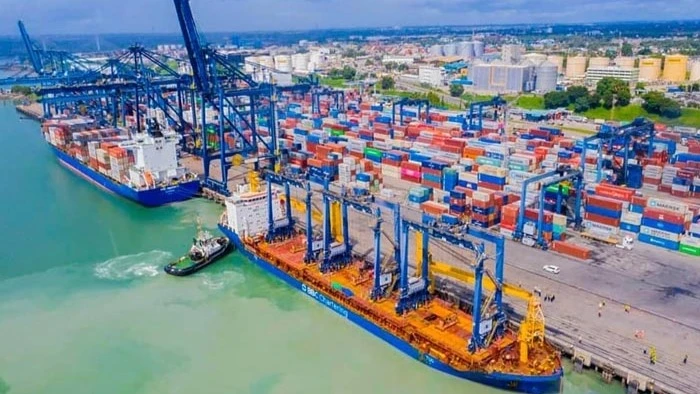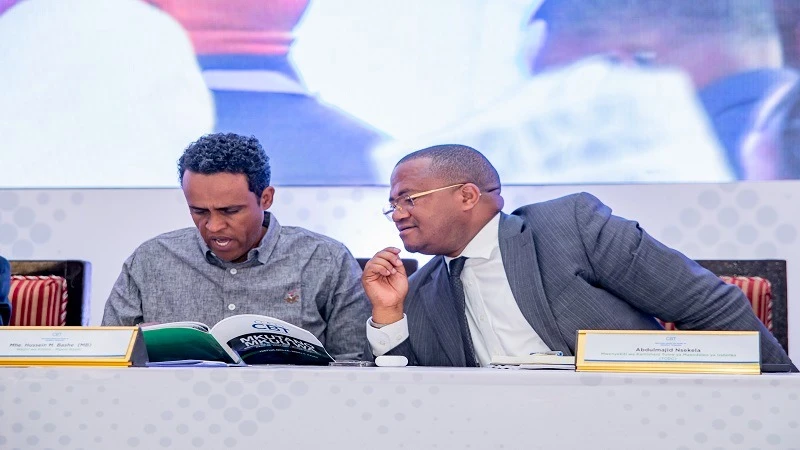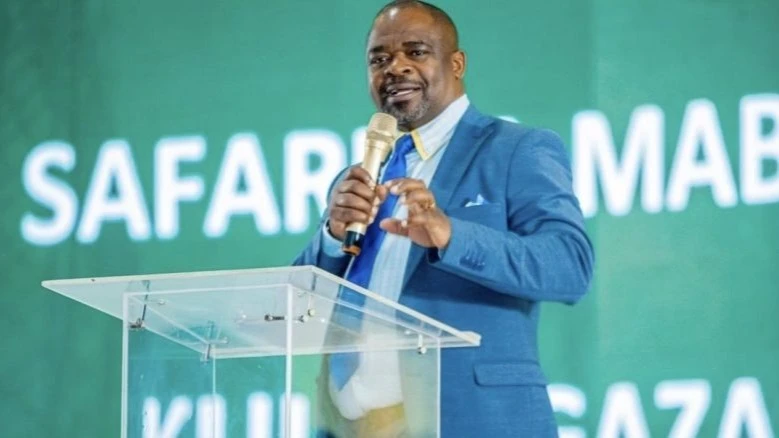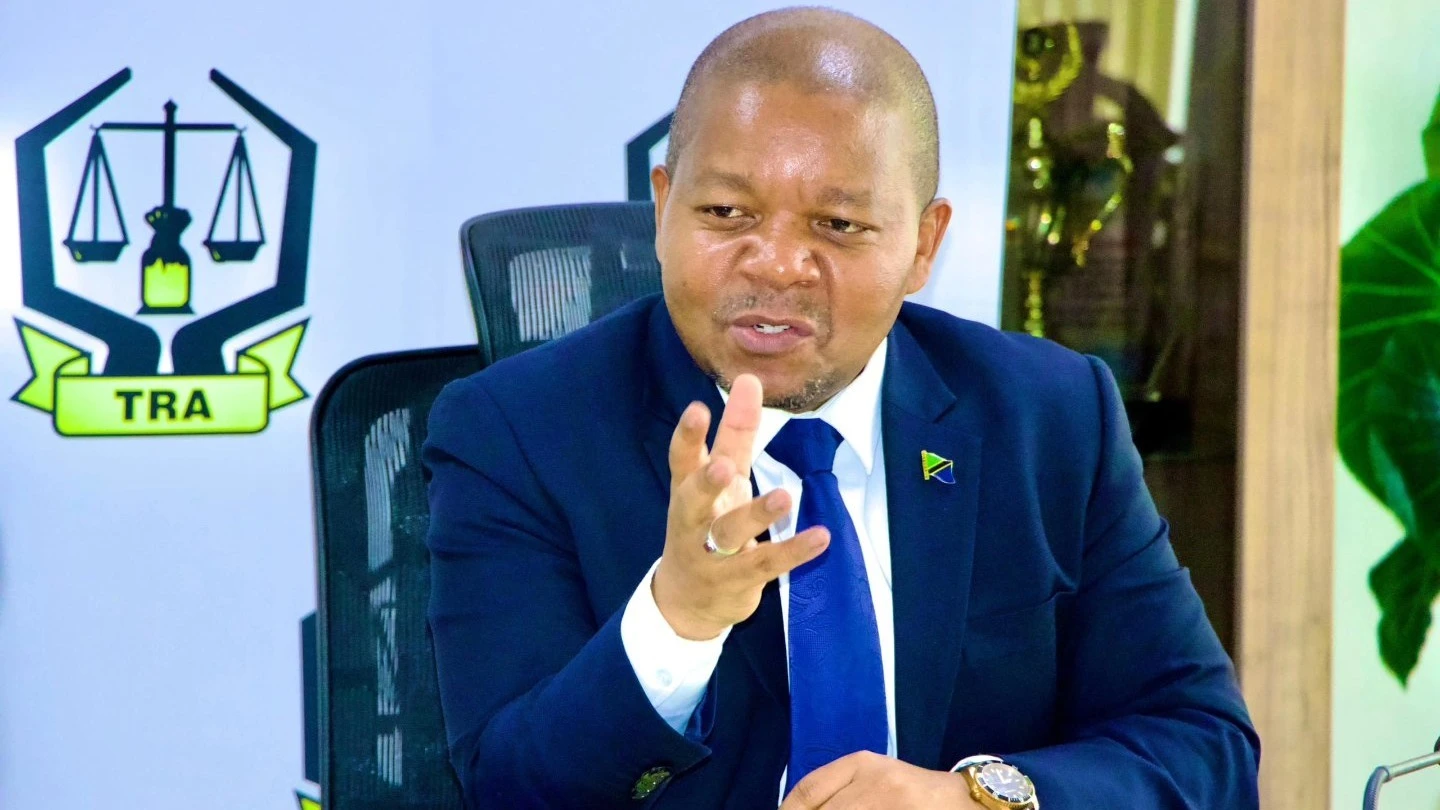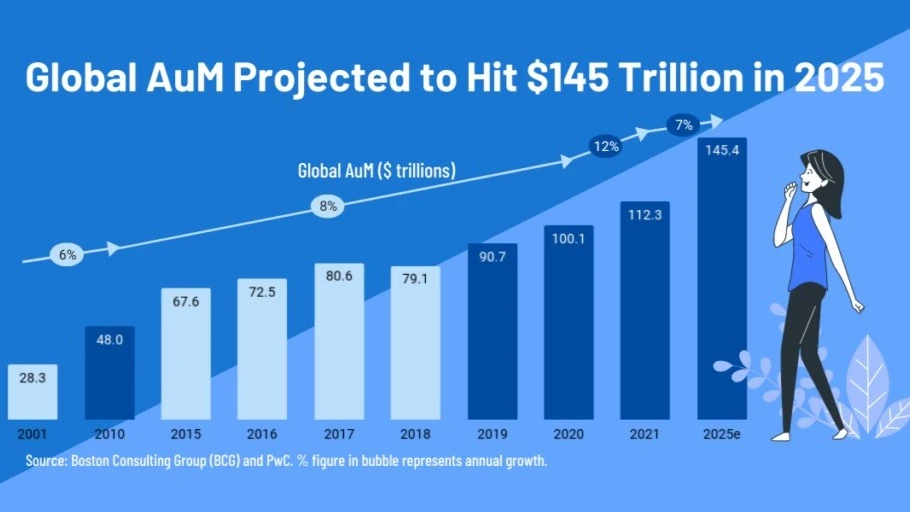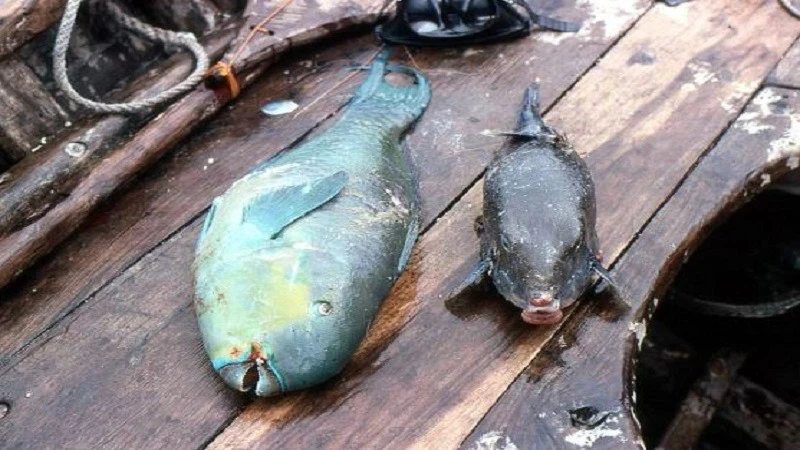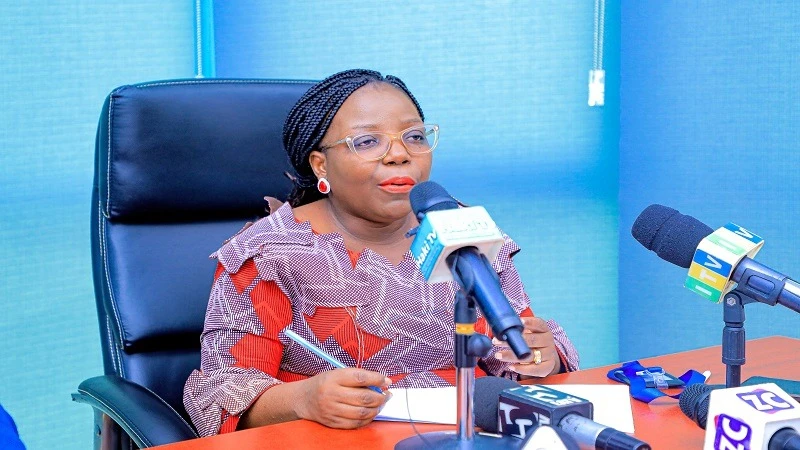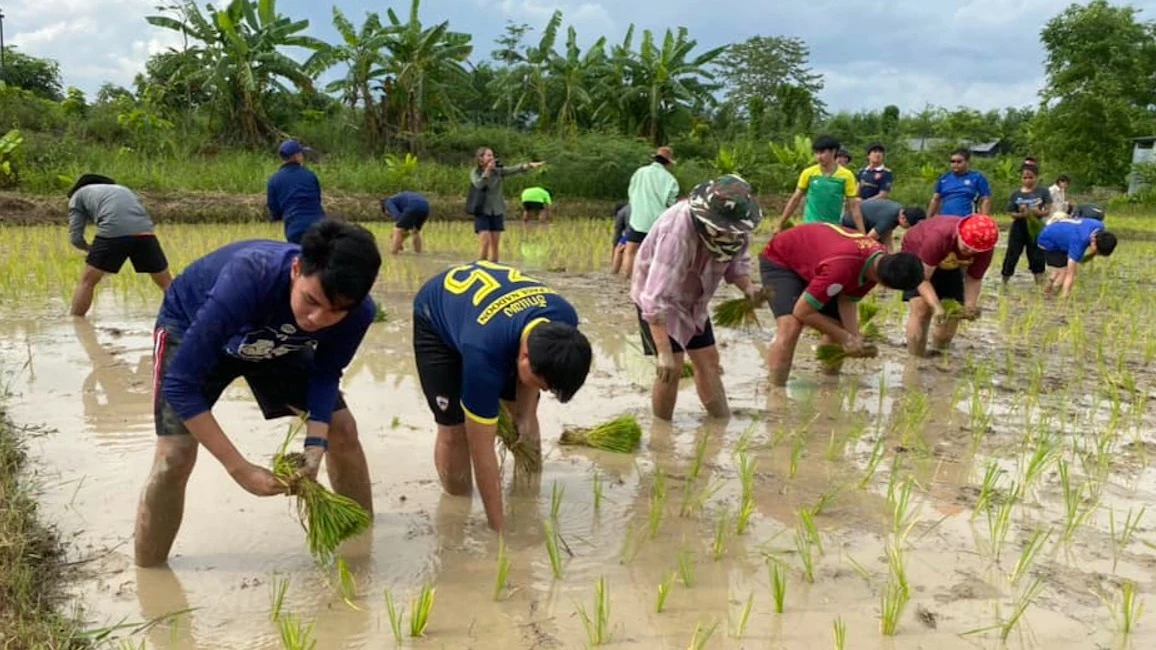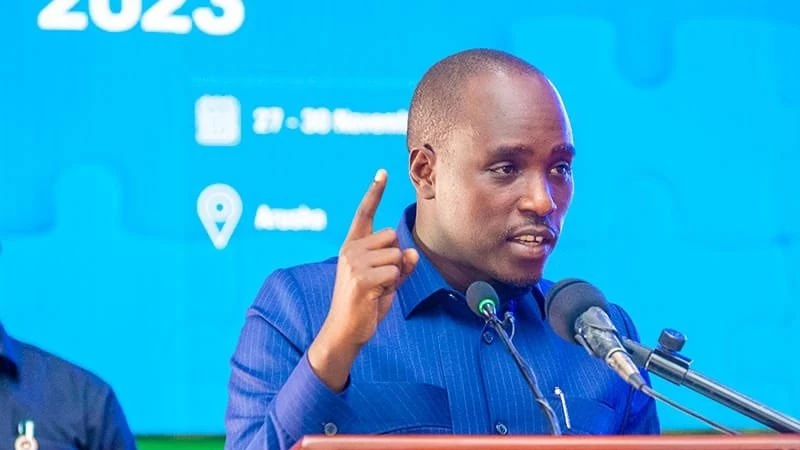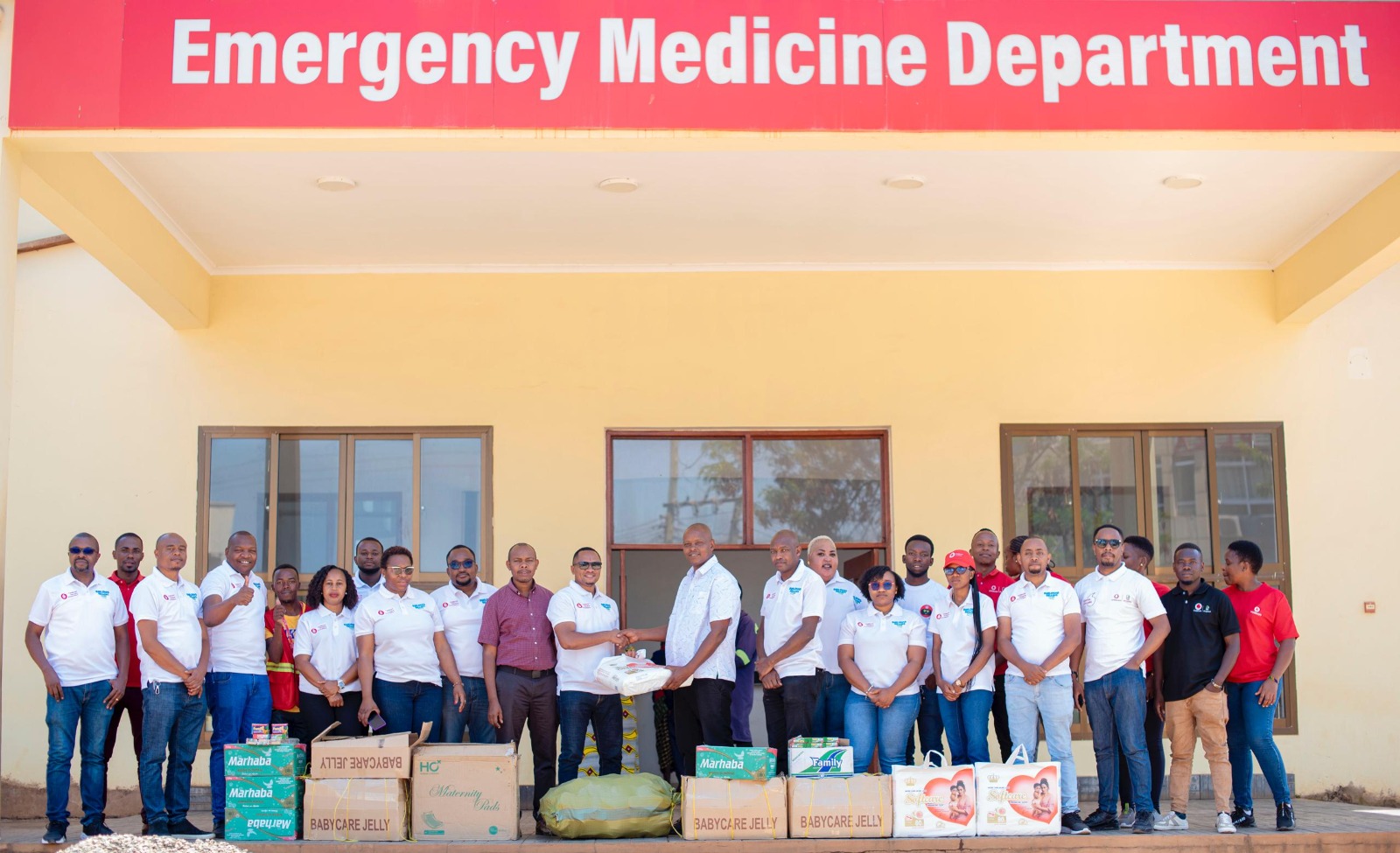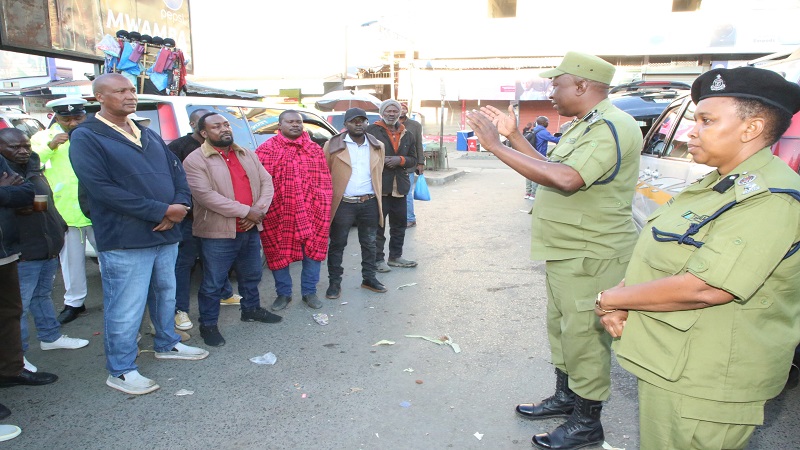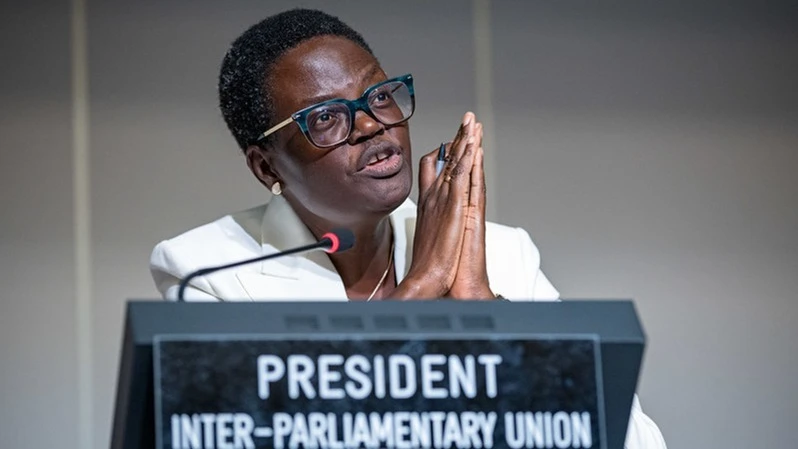WHO urges action with surge in malaria deaths
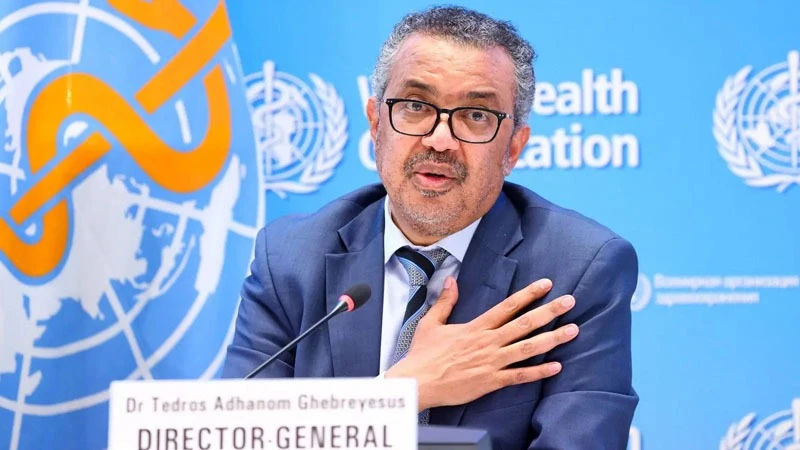
TO put anti-malaria progress back on track, the World Health Organisation (WHO) has recommended robust commitment to malaria responses at all levels, particularly in high-burden countries.
Dr. Tedros Adhanom Ghebreyesus, the WHO director general, said at a meeting with ministers from African countries with the highest burden of malaria that globally, the world has made significant progress against malaria in recent decades but since 2017 that progress has stalled.
He appealed for greater domestic and international funding, science and data-driven malaria responses, urgent action on the health impacts of climate change, harnessing research and innovation plus strong partnerships for coordinated responses.
WHO is also calling attention to the need to address delays in malaria programme implementation in various countries, as the ministers committed yesterday to accelerated action to end deaths from the disease, while the ministers pledged to sustainably address the threat of malaria as the region accounts for 95 per cent of malaria deaths worldwide.
Gathering in the Cameroonian capital, the ministers signed a declaration to provide stronger leadership and increased domestic funding for malaria control programmes.
They also expressed readiness to ensure further investment in data technology, to apply the latest technical guidance in malaria control and elimination, and to enhance malaria control efforts at the national and sub-national levels.
Increasing health sector investments to bolster infrastructure, personnel and programme implementation, to enhance multi-sectoral collaboration and to build partnerships for funding, research and innovation were also part of the broad-based commitment.
In signing the declaration they expressed their unwavering commitment to accelerated reduction of malaria mortality and to hold countries accountable for the commitments outlined in the declaration, the global agency said in a statement.
The Yaoundé conference gathered Health ministers, global malaria partners, funding agencies, scientists, civil society organizations and various anti-malaria stakeholders.
The ministerial conference was called to find answers to challenges in achieving global targets in anti-malaria strategy, discuss mitigation strategies and funding for anti-malaria efforts,
They also needed to agree on effective strategies and responses for accelerated malaria mortality reduction in Africa, to set up a roadmap for increased political commitment and societal engagement in malaria control, with a clear accountability mechanism.
The African region is home to 11 countries that carry upwards of 70 percent of the global burden of malaria, namely Burkina Faso, Cameroon, Democratic Republic of the Congo, Ghana, Mali, Mozambique, Niger, Nigeria, Sudan, Uganda and Tanzania.
Progress against malaria has stalled in these high-burden African countries since 2017 due to humanitarian crises, low access to health services and low quality of such services.
Climate change, gender-related barriers, biological threats such as insecticide and drug resistance and global economic crises compound the situation, while fragile health systems and critical gaps in data and surveillance make things worse
Funding for malaria control globally is also inadequate as in 2022, $4.1bn was provided, just over half of the needed disbursements, number of cases in 2022 significantly higher than prior to the COVID-19 pandemic, rising to 249m from 233m in 2019, the report said.
The Africa region saw an increase in cases from 218m to 233m, with 94 per cent of global malaria cases and 95o per cent of global deaths where 580 000 deaths were registered in 2022.
The WHO says that the COVID-19 pandemic and long-standing threats like drug and insecticide resistance pushed it further off-track, with critical gaps in funding and access to tools to prevent, diagnose and treat malaria.
“With political leadership, country ownership and the commitment of a broad coalition of partners, we can change this story for families and communities across Africa," the director general intimated.
Top Headlines
© 2024 IPPMEDIA.COM. ALL RIGHTS RESERVED








